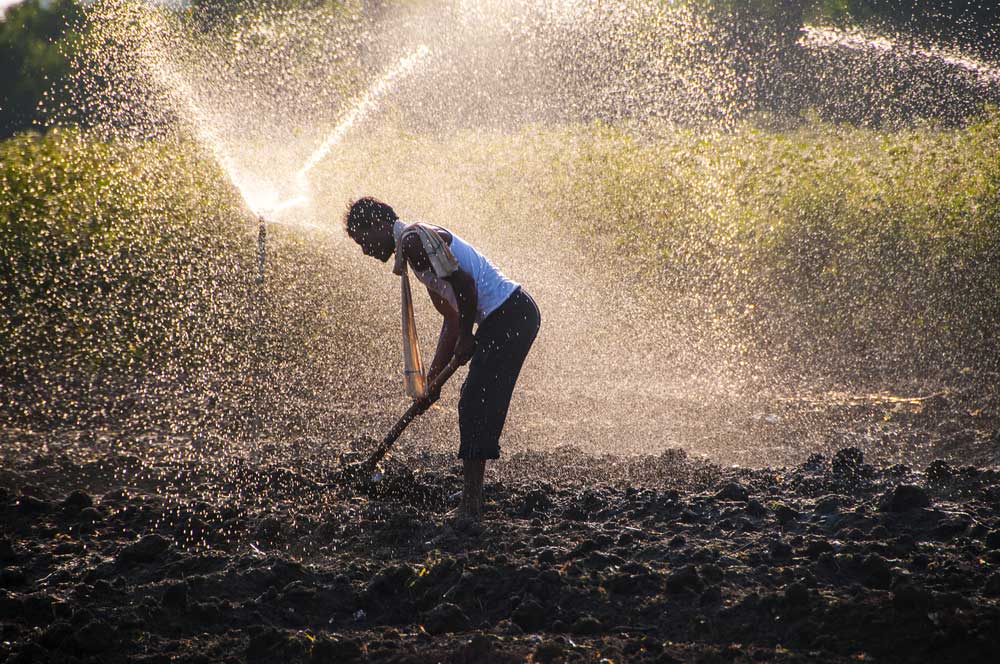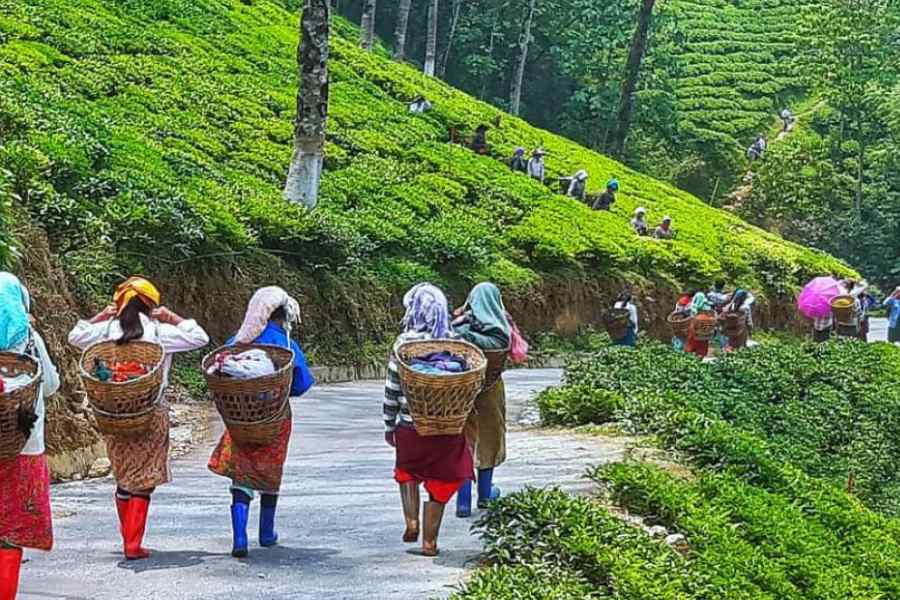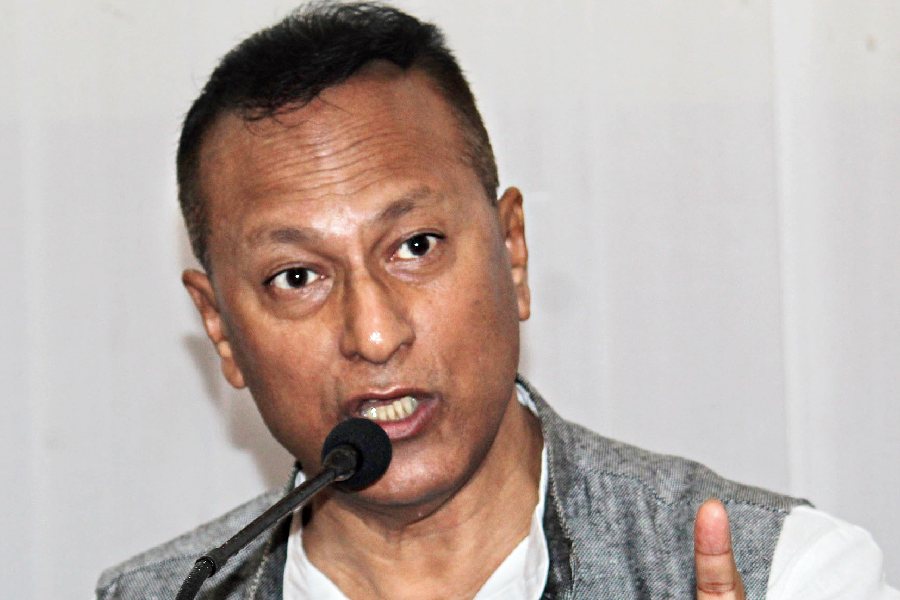The Centre has set up a group of ministers to examine the feasibility of enacting a law that allows farmland to be leased to tenants.
Analysts said such a move would help millions of sharecroppers access institutional credit, crop insurance, calamity relief and market support but were unsure whether Parliament can enact a law on agriculture and land, which are state subjects.
The Prime Minister’s Office had last month set up the GoM to examine a draft land-leasing law prepared by the Niti Aayog. The 12-member committee includes the ministers handling defence, home, agriculture and rural development.
Officials of the land resources department under the rural development ministry, which deals with land acquisition and registration, said the GoM would examine the necessity and desirability of farmland-leasing.
A committee set up by the Niti Aayog on land leasing, headed by the former chief of the agricultural costs and prices commission, T. Haque, had prepared a draft land-leasing bill and submitted it to the government in 2016.
Haque told The Telegraph that some states like Maharashtra, Uttar Pradesh, Uttarakhand and Madhya Pradesh have laws to recognise the leasing of farmland. But several states like Kerala, Jammu and Kashmir, and Gujarat have laws against the leasing of farmland.
In states like Bengal, Punjab, Haryana and Tamil Nadu, leasing is allowed with conditions. In Bengal, sharecroppers till the land and pay a certain share to the owner after the harvest. The sharecroppers have heritable rights and can be evicted only through a court decree or an order from the sub-divisional officer for any violation.
“If the Centre enacts such a bill, it will benefit millions of tenants. The lack of a policy on leasing farmland in many states and the poor implementation of the law wherever it exists have prevented sharecroppers from getting loans from banks, crop insurance or relief,” Haque said.
Abhijit Sen, former member of the erstwhile Planning Commission, expressed doubts about the Centre’s power to enact or enforce a law on agriculture and land.
“This law will be beneficial. But such laws must be enacted at the level of the states. I don’t know if the Centre has the power to bring in such a law,” Sen said.
Haque said that 25 million hectares remained uncultivated in India because the landowner did not trust the tiller in the absence of a leasing arrangement. Most of these owners live in cities and towns and allow their land to stay uncultivated.
“If these 25 million hectares are cultivated, they would yield 50 million tonnes of grain a year. The country is losing this,” Haque said.
The Food Corporation of India, the government arm that procures food from farmers against the minimum support price, does not buy from people who have no authorisation over the land they cultivate. This affects the tillers who have no lease document.
The draft law has a provision for lifting the ban on farmland leasing. Once farmland leasing is legalised, the owner will not hesitate to rent out the land and the tiller will feel more confident about participating in the agreement. Officials said that land leasing was banned in most states in the 1950s and 1960s as it was seen as a legacy of the zamindari system. The situation has changed with the fragmentation of land holdings because of population growth.










